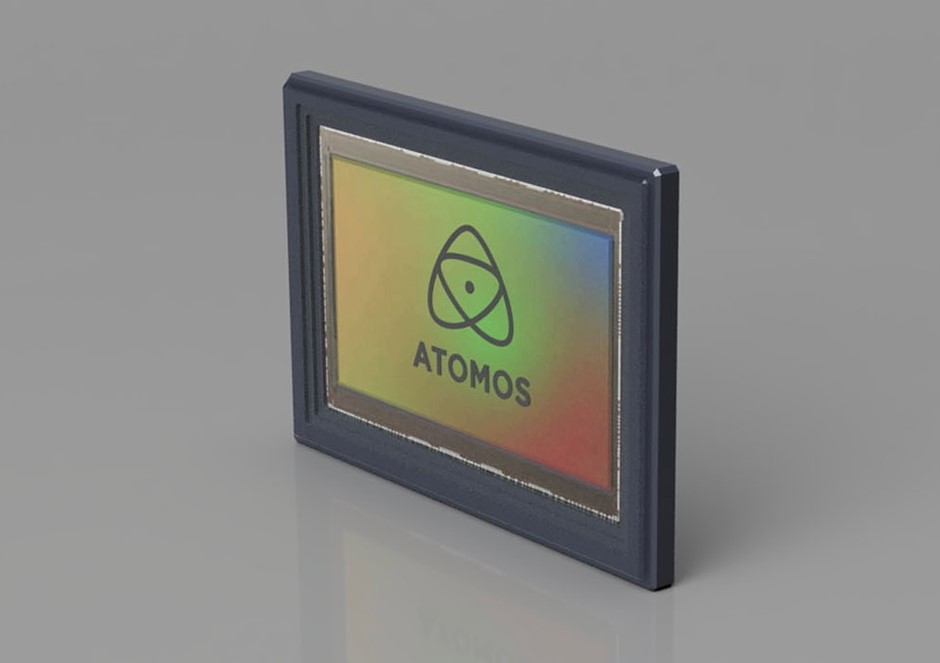
[ad_1]
 |
Two weeks ago, we reported Atomos had developed an 8K image sensor destined for cinema cameras. At the time, details were scarce on what exactly the sensor would look like and what its specifications would be, but we now know what the sensor is capable of thanks to PetaPixel’s exclusive interview with Atomos CEO, Trevor Elbourne.
According to the interview, the sensor, deemed ‘Sapphire F8,’ offers DCI 8K (8192 x 4320px) global shutter recording at up to 60fps. Drop that down to 4K and you’ll get 240fps and at 1080, you’ll get 360fps. Elbourne states in the interview that the Sapphire F8 will offer up to 15 stops of dynamic range with 12-bit capture across all capture modes.
 |
Despite the massive amount of information being captured, the sensor pulls just 2W of power. This not only means better battery life for the camera it’s inside, but also means it should produce minimal heat during recording, which can extend recording times and reduce the need for internal fans and cooling. It also means you can pull power bandwidth from the sensor and put it towards other features in the camera. In Elbourne’s words to PetaPixel, having low power draw ‘gives you more design options.’
 |
As for how the sensor came to fruition, Elbourne says it was initially conceptualized years ago for an Atomos cinema camera the company was working on. ‘We had all the right sort of tech, or a lot of the pieces, to go and put a camera together,’ Elbourne told PetaPixel. ‘We have our industrial design team, who are based in Tokyo and are all ex-Sony/Canon engineers who all have a background in this sort of work, and we have the video processing and image processing capability.’
Bringing the camera to market, however, took longer than expected and when Blackmagic Design beat it to market with its popular Pocket Cinema Camera lineup, Atomos saw the market as being too crowded, according to Elbourne. As a result, the company decided to cease development of the cinema camera. The sensor, however, stuck around and is good enough to commercialize ‘from an engineering point of view,’ according to Elbourne.
 |
Elbourne says the sensor is completely designed in-house, but doesn’t specify what company is fabricating the hardware. However, a partnership is in place and ready for production should a buyer come along. Even then though, it could be years before we see this sensor inside any cameras, given the complexity of developing an entire system around an image sensor, so don’t get your hopes up yet.
You can read the full interview on PetaPixel.
[ad_2]
Source link







